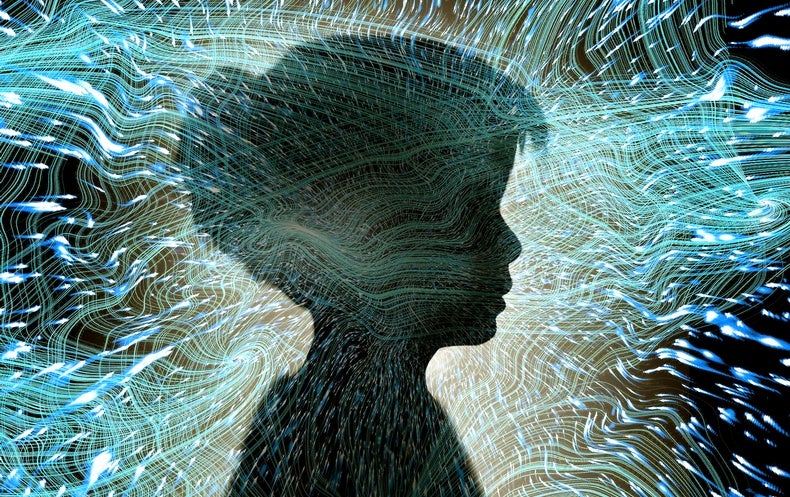- cross-posted to:
- philosophy@mander.xyz
- cross-posted to:
- philosophy@mander.xyz
Interesting article didnt know where it fit best so I wanted to share it here.
Interesting but I struggle to see how this hypothesis could ever be proven or disproven. If it can’t actually be tested then I don’t see how it presents more scientific value any other religious or superstitious belief.
I’ve long been fond of panpsychism, but I think it’s less a hypothesis to be “proven” and more just a different way of framing the questions behind what consciousness is and how it can be defined. Under panpsychism consciousness isn’t a binary property that some things have and other things don’t, it’s a continuum from zero to one (and if you count humans as “1” on the consciousness scale it also makes sense to consider values above that - there’s no reason to assume that humans are the “most conscious possible” state of being).
So when you’re reading about panpsychism and it says something like “individual electrons are conscious”, bear in mind that they’re proposing considering electrons to be, like, 10^-10 “consciousness units” worth of conscious. It’s not like they’re actually aware of themselves in some meaningful way like humans are. That’s a common “giggle factor” problem for panpsychism. And it’s also not saying that any arbitrary larger-scale structure us “more conscious” than humans, the way that the components of a large-scale structure interact is super important. A rock is not equivalently as “conscious” as a human brain even if they have the same number of particles interacting within them.
I think the real issue is with the fact that consciousness is not particularly well defined. Something can be more or less conscious than something else but what precisely does that mean? Has there ever been a means of measuring or detecting consciousness in anything?
It’s simply irrelevant. If you believe this theory exactly nothing changes about what you can predict about the world. That’s what knowledge is all about. If you have a theory that doesn’t behave differently under some different circumstances, you’ve essentially said nothing.
Also reminds me a bit of the chapter in “Surely you’re joking, Mr. Feynman!” called “Is Electricity Fire?”, if someone knows that.
Consider math, it doesn’t make any empirical predictions on its own, as it is just a set of abstract symbols and rules. Do you consider mathematical facts to be a form of knowledge?





